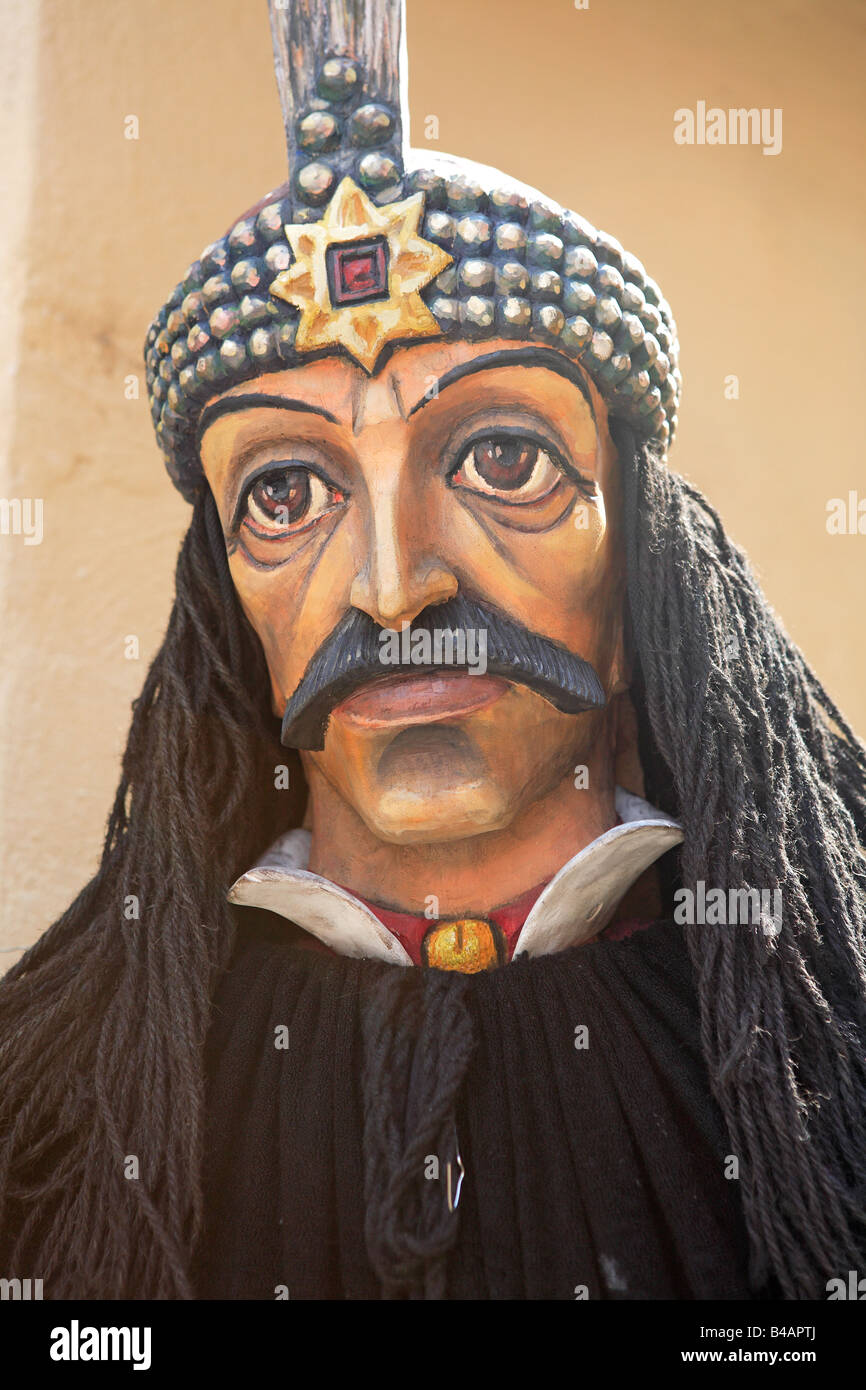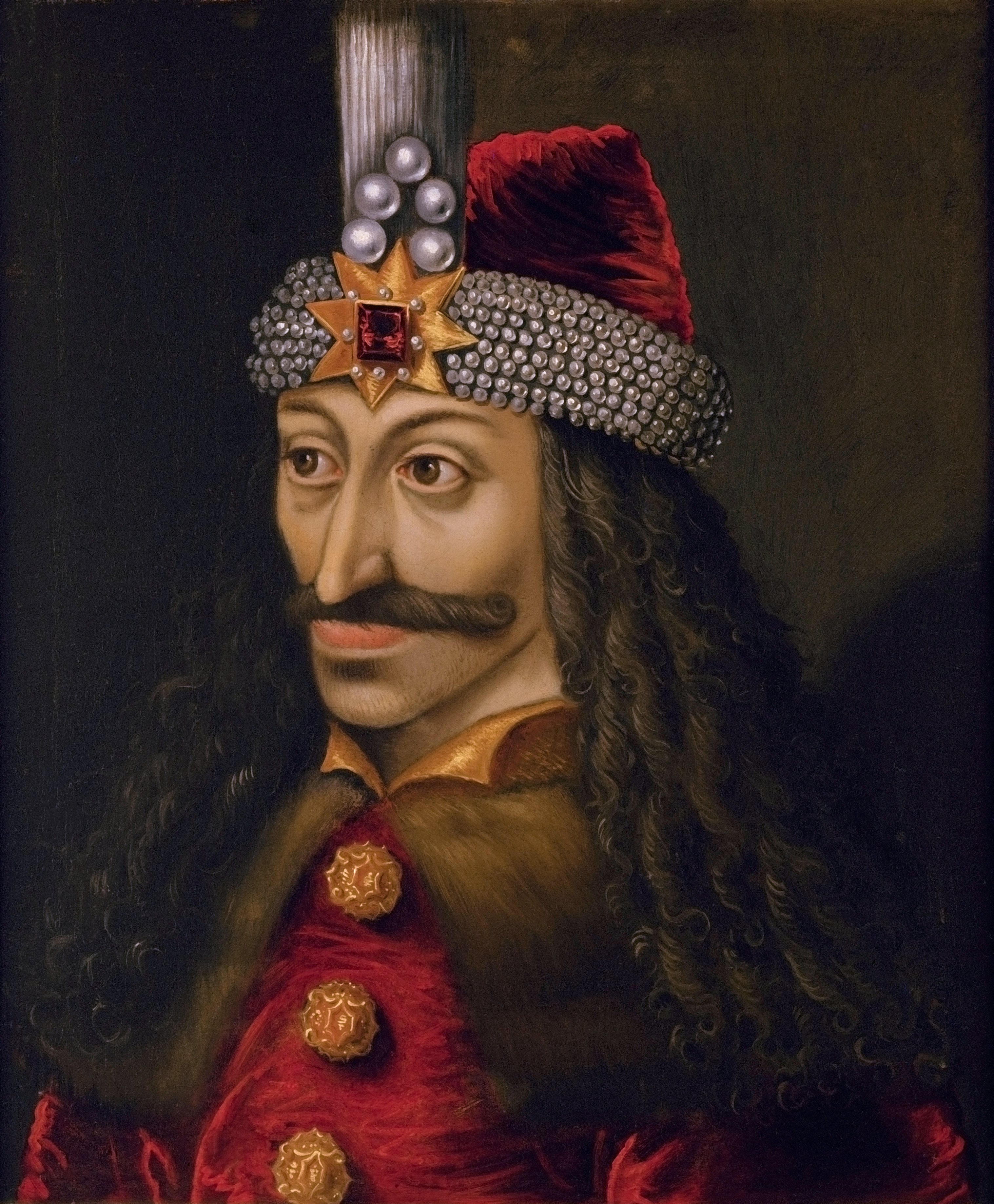Youth of Vlad the Impaler: Chaos in Wallachia Vlad was born between 1429 - 31 into the family of Vlad II Dracul. This nobleman had been allowed into the crusading Order of the Dragon (Dracul) by its creator, the Holy Roman Emperor Sigismund, to encourage him to defend both Christian east Europe and Sigismund’s lands from encroaching forces and other threats. The Ottomans were expanding into eastern and central Europe, bringing with them a rival religion to that of the Catholic and who had previously dominated the region. However, the religious conflict can be overstated, as there was an old-fashioned secular power struggle between the Kingdom of Hungary and the Ottomans over both Wallachia – a relatively new state - and its leaders. Although Sigismund had turned to a rival of Vlad II’s soon after initially supporting him, he came back to Vlad and in 1436 Vlad II became ‘voivode’, a form of prince, of Wallachia. Waves Cla Compressors Rapidshare.


However, he was soon released and he reconquered the country. The future Vlad III was sent along with Radu, his younger brother, to the Ottoman court as a hostage to ensure that his father stayed true to his word. He didn’t, and as Vlad II vacillated between Hungary and the Ottomans the two sons survived simply as diplomatic collateral. Perhaps crucially for Vlad III’s upbringing, he was able to experience, understand and immerse himself into Ottoman culture. Struggle to be Voivode Vlad II and his eldest son were killed by rebel boyars – Wallachian noblemen – in 1447, and a new rival called Vladislav II was put on the throne by the pro-Hungarian governor of Transylvanian called Hunyadi. At some point, Vlad III and Radu were freed, and Vlad returned to the principality to begin a campaign aimed at inheriting his father’s position as voivode, which led to conflict with boyars, his younger brother, the Ottomans and more besides. Wallachia had no clear system of inheritance to the throne, instead, all the previous incumbent’s children could equally claim it, and one of them was usually elected by a council of boyars.